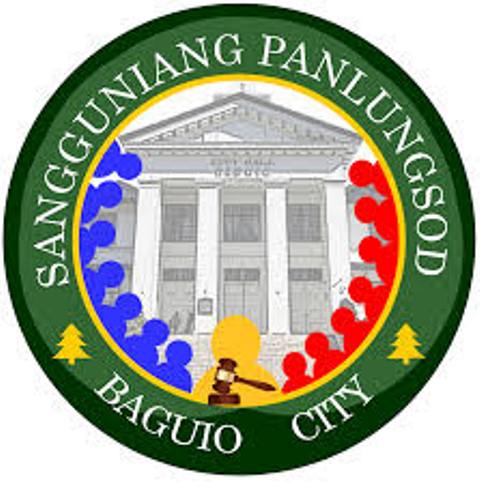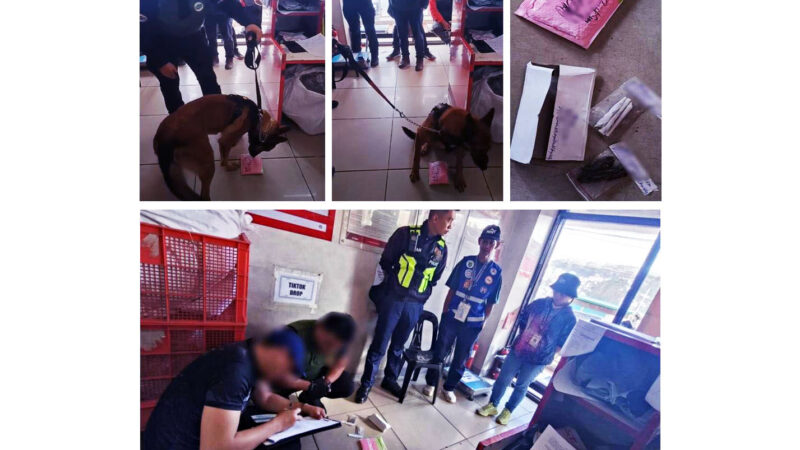BAGUIO OFFICIALS LEFT IN THE DARK ON PENDING PROJECTS SANS IRR OF NEW PPP CODE

The Baguio City officials find themselves grappling with a lack of clarity on the progress of seven pending projects falling under the newly enacted Public-Private Partnership Code of the Philippines (Republic Act No. 11966) as they await the issuance of the Implementing Rules and Regulations (IRR) of the new law.
Pending projects of the city affected by the implementation of RA No. 11966 are the following: 1) Market Redevelopment Project; 2) Intermodal Terminal Project; 3) Baguio Transport Solutions/Elevated Monorail and Electric Bus System; 4) Development and Improvement of Asin Hydropower Plants; 5) Smart Urban Mobility Project; 6) Baguio Central Terminal/Mixed-Use Building and Cultural Center Project, and 7) Mixed-Use Integrated Infrastructure for Socialized Housing and Permaculture Community.
Original proponents for the first five projects were already chosen. The negotiations with the original proponents for the Market Redevelopment Project and the Intermodal Terminal Project already took place and were ready for the Swiss challenge; while the Baguio Transport Solutions, Development and Improvement of Asin Hydropower Plants, and Smart Urban Mobility Project were under negotiations when the new PPP Code was enacted. Meanwhile, no original proponents have been chosen yet for the Baguio Central Terminal Project and Socialized Housing and Permaculture Community Project.
In anticipation of the IRR, the PPP Governing Board approved the interim guidelines in December 2023 to offer “clarity” on the applicable rules for pending projects after the enactment of the PPP Code and to avoid unnecessary delays in the processing of these projects.
However, the interim guidelines have not only failed to provide clarity to the members of the Baguio City Council but have also given rise to more questions.
To guide the city government in determining the course of action for each pending project, the Baguio City Council invited representatives of the PPP center to its regular session on January 22, 2024.
However, the PPP center said they need specific information for each of these projects which is crucial for providing precise guidance to the city government during the processing of these projects. Atty. Althea Alberto, the city legal officer, said their office is in the process of completing the documents for these projects as requested by the PPP center.
The PPP center also said neither the PPP Code nor the interim guidelines provide “clear-cut” answers to the questions raised by the city council members, thus the need for the IRR which will spell out specific procedures in the completion of the process for PPP projects.
According to the PPP code which took effect on December 23, 2023, the issuance of the IRR is within 90 days from the effective date of the law, and the IRR will take effect 15 days after its publication.
The hope for the continuity of the process for each pending project rests on the shoulders of the Interim Negotiation Panel for PPP Projects. This working group was created through Executive Order No. 2 issued by the City Mayor’s Office and is tasked to commence negotiations for these projects with the original proponents within 60 calendar days as prescribed by the PPP Code.
The primary function of the negotiation panel is to establish the mechanics of negotiations which shall include house rules and procedures, proposed rights and obligations, and mode of communication with the original proponent. The group is authorized to represent the city government in the negotiation of parameters, terms, and conditions of the PPP project.
Rule 4.4 of the PPP Code’s interim guidelines states that the implementing agency or local government unit may either revoke the Original Proponent Status (OPS) based on any of the six grounds indicated therein or carry on with the negotiation with the original proponent and, if successful, may reconfirm the OPS of the original proponent. The reconfirmation of the OPS is then followed by the so-called comparative challenge (with a period of 90 days to one year) where the original proponent would have the right to match offers by other proponents for the project.
The ultimate hope lies in the forthcoming IRR which is expected to delineate specific procedures crucial for the completion of the pending and incoming PPP projects of the city. – Jordan G. Habbiling







